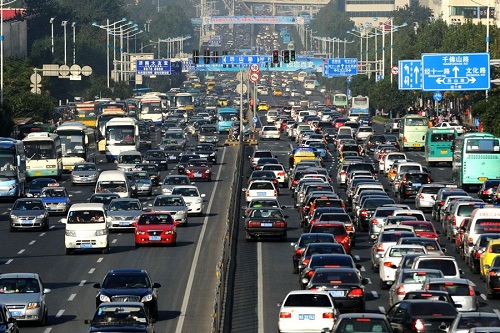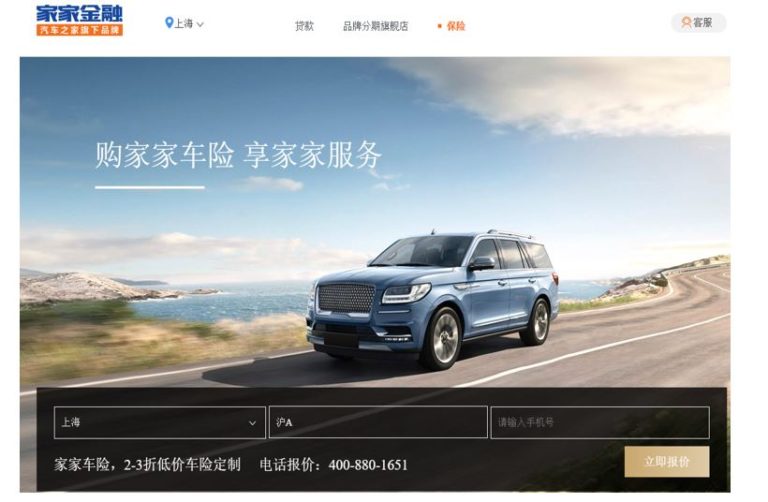The automobile industry has played a large role in the recent growth of China’s GDP. In addition to its direct contribution to the Chinese economy, it promotes the development of relevant industries such as the transportation industry, the manufacturing industry, and the military. Also, it facilitates foreign investment and increases the country’s employment and fiscal income. The sales of cars has been been growing since 1994. In 2010, car sale reached 18.06 million, about ten times the 1.34 million of the year 1994.
Car market: Numbers
According to 2009 statistics, car ownership per capita in China was 47.8 cars per thousand people, which is equivalent to the car ownership levels of the United States in 1917, Japan in 1964, and South Korea in 1988. The world average car ownership levels in 2007 was 144 cars per 1000 people. For China to reach these levels in the future, its produce and sale of cars must more than double its current levels. In the long run, annual sales would have to reach 48 million for China’s car ownership to reach Japan’s current levels. To catch up with current American levels, annual sales would have to reach 66 million. The Chinese car market still has a lot of potential to grow and statistics provides support for this prediction: in 2009, China surpassed America and became the biggest new cars market in the world.
Car Market: Categories
The top ten car manufacturing enterprises with the highest sales in the Chinese market in 2010 were: Shanghai General Motors, Shanghai Volkswagen, FAW-Volkswagen, Beijing Modern, Dongfeng Nissan, BYD, Chery, Geely, Changan Ford, and FAW Toyota. These ten companies had a total sale of 6.081 million, making up 64% of the total sales of sedans.
The 2010 top ten sales car brands are F3, Lavida, Elantra Yuedong, Jetta, Excelle, Santana, Charade, Cruze, Cowin, and Bora. These ten brands had total sales of 2.138 million, which is 23% of the total sales of sedans.
Car Market: Potential Threats
Despite the projected growth in the car industry, there are potential problems that may hamper the development of market of cars in China.
First, the lack of parking lots is becoming a more and more apparent and people are taking that into consideration when deciding whether to purchase a car or not. This along with the growing traffic congestion in China’s cities is making many consumers choose public transportation over car ownership.
Second, the shortage of gasoline keeps driving up the cost associated with buying and maintaining a car. Until renewable energy sources are developed and commercialized, this energy shortage may limit car sales in China.
Third, the effect cars have on the environment is becoming a bigger issue among Chinese car manufacturers. Nowadays, many countries have placed regulations on gas emissions from cars. As a result, Chinese car manufacturers have to improve their cars, or they will fall into disuse. Unfortunately, the technology is not yet readily available for Chinese car manufacturers.
Sources:
Picture Source: Traffic China




